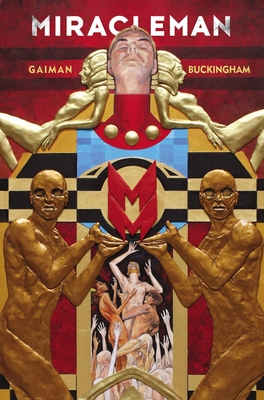What do you think?
Rate this book


192 pages, Paperback
First published August 1, 1991
Michael, I don’t know why you persist in seeing the state of being human as something special. Did humans ask such agonized questions about the free will of cows, or the destiny of fish? Besides, we’re taking nothing from them. We’ll give them more free will than they ever dreamed of or wanted. We’re going to love them, Michael. We’re going to make them perfect.